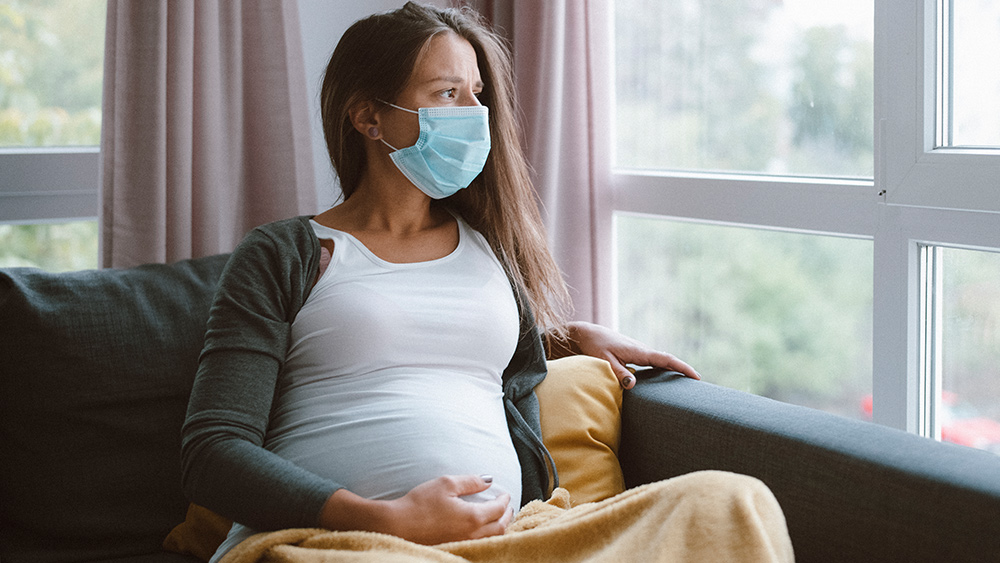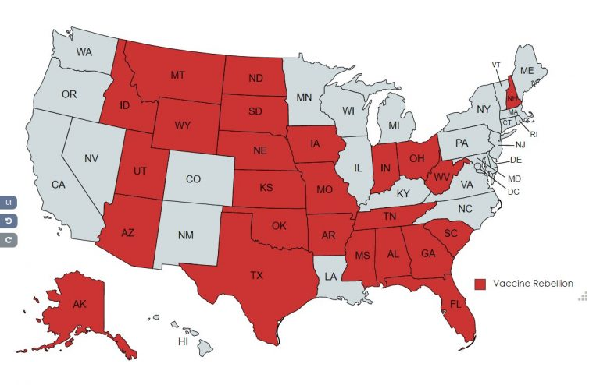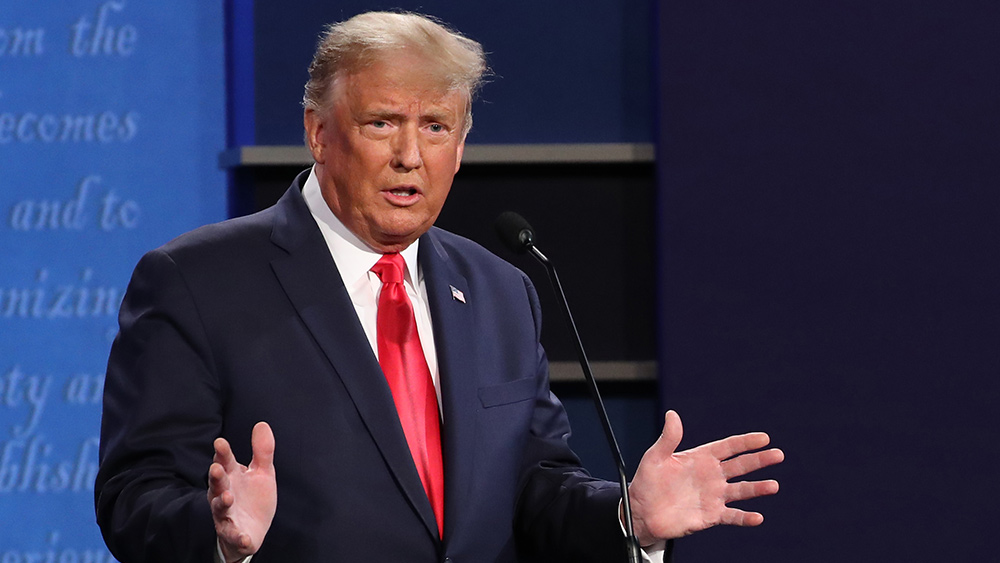The WHO review: WHO’s COVID and monkeypox policies fail every one of the 10 public health principles
07/28/2022 / By News Editors

Abir Ballan published a 43-page thesis titled ‘The WHO Review and Why It Matters to You’ on Pandemics Data & Analytics (“PANDA”) website. It shows the failures of WHO and all their failed recommendations in Covid. It is a must-read by anyone interested in public health, the global Covid-19 WHO policies – that almost all nations followed, and the full extent of the corruption by WHO/global leaders and governments. The review also lists out what should have been done instead.
(Article by Rhoda Wilson republished from Expose-News.com)
Ballan has a Masters in Public Health, a graduate degree in special needs education, a BA in psychology and is an author of children’s books. She is a former member of the Executive Committee at PANDA. Ballan is particularly committed to promoting the health and wellbeing of children and young people.
“This review empowers you with key information to help you assess the WHO’s candidacy as an authoritative global public health organisation. It provides background information on public health and pandemic management principles as previously agreed upon by this branch of the United Nations. The PANDA analysis will allow you to evaluate the soundness of the WHO-recommended response to Covid-19 and monkeypox, and to determine how faithfully the WHO followed its own previously developed recommendations. It goes on to summarise the assumptions underlying their Covid-19 recommendations, followed by a summary of the final recommendations.” [empahsis our own]
The WHO Review and Why It Matters to You, PANDA, 18 July 2022
The reality is that WHO, and all those who followed WHO’s Covid policies, failed every one of the 10 principles listed below. For argument’s sake, let’s assume Covid was the emergency they claimed – then it would follow that societies function optimally if they uphold long-standing principles and ethical values that were developed and tested and bullet-proofed across time. Tried and tested. These 10 public health principles were not applied to the Covid emergency response.
10 Public Health Principles
In times of emergency, societies function best if they uphold long-standing principles and ethical values, developed over many years. These public health principles should have been applied to the Covid-19 response.
1. Human dignity and personal freedoms should be upheld under all circumstances. Any restrictions on individual freedom, on public health grounds, must be temporary and case-specific, and should be undertaken as a last resort under an exceedingly high burden of proof of their necessity, reasonableness and proportionality.

2. A holistic definition of health includes physical, mental, spiritual and social well-being.
3. Individuals have the right to bodily integrity, i.e., to make free choices regarding their body and to be free of any interference with their body to which they do not consent.
4. Health professionals should only recommend health interventions based on individual needs and only if the benefits outweigh the risks for that person.
5. Health professionals must obtain informed and voluntary consent from individuals before any medical intervention. Inaccurate information, psychological manipulation and any form of coercion render consent invalid.
6. Public health interventions should protect private medical information. Interventions that lead to discrimination and stigmatisation based on personal health care choices are unethical.
7. Public health interventions should take into account biological (pathogen, genetic factors, health status, medical interventions…), as well as social determinants of health, including economic stability and employment, neighbourhood and physical environment, community support and mental wellbeing and access to and quality of education, food and health care.
8. A multi-disciplinary approach should be undertaken to assess the short-, medium- and long-term effects of any public health intervention prior to its implementation.
9. Individuals and communities directly affected by public health interventions should participate in the decision-making process to ensure their fairness, appropriateness and success.
10. Trust in public health is built on transparency and honesty. Policies and recommendations should be based on accurate data — free of conflicts of interest. They must also be subjected to continuous improvement through open scientific debate.
You can read and download the full WHO Review HERE.

Read more at: Expose-News.com
Submit a correction >>
Tagged Under:
big government, conspiracy, corruption, covid-19, deception, health freedom, health interventions, health policies, infections, medical fascism, Medical Tyranny, monkeypox, outbreak, pandemic, public health principles, rational, truth, WHO
This article may contain statements that reflect the opinion of the author





















